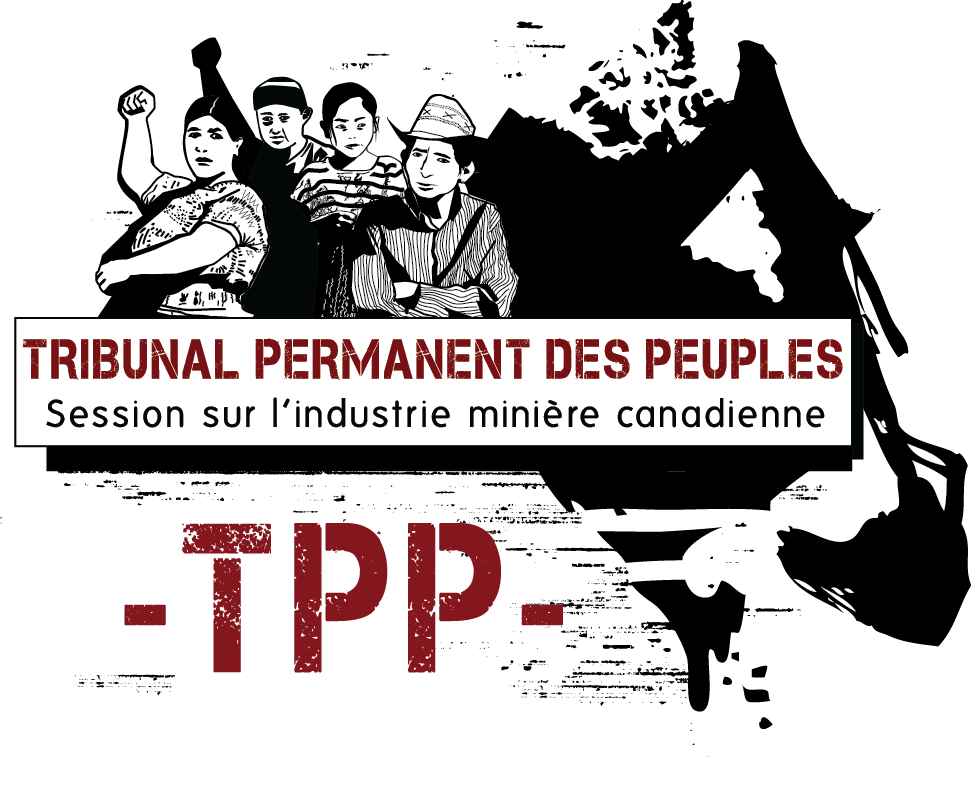According to the Government of Canada, more than 75% of the world’s mining companies are registered in Canada.With its laws, tax structure and foreign policy all very favourable to extractive industries, Canada offers conditions in which the mining industry flourishes.
Extractive mega-projects are today a major cause of rights violations. Around 200 mining-related social conflicts are currently recorded between communities, mining companies, and states across Latin America. When people and communities find that their rights have been violated by mining activities, they often run up against numerous obstacles that block their access to justice.
The boom in the price of metals during the 2000s encouraged a major expansion of mining activities. Communities find themselves facing extractive companies that operate in areas already inhabited, often situated within indigenous territories and characterized by fragile ecosystems. These companies’ economic and political power is always disproportionate in relation to theirs. Exploration for new deposits and their subsequent extraction often leave irreversible impacts on the social fabric, livelihoods and surrounding environment of communities.
Modern open-pit mining causes major environmental concerns: waterways are contamined by cyanide and other toxins, very significant volumes of water are used up in the mining process, etc.
“Mining companies are dumping more than 180 million tonnes of hazardous mine waste each year into rivers, lakes, and oceans worldwide, threatening vital bodies of water with toxic heavy metals and other chemicals poisonous to humans and wildlife” – Earthworks and MiningWatch Canada, 2012
Sadly, mining often goes hand in hand with a weakening of the very right to defend one’s rights. Threats and legal proceedings brought against human rights defenders, corruption and coopting of local authorities are frequent.
What are the social and environmental impacts of mining? Are some rights made particularly vulnerable by mining activities? How is Canada supporting the expansion of the global mining industry?
These are some of the issues that will be addressed during the PPT, Canadian Session. The Tribunal will focus on the rights of indigenous peoples and women, and on rights seen to be particularly vulnerable in the context of extractive activity:
- the right to life and a healthy environment
- the right to self-determination
- the right to a full citizenship
____________________
References:
Carrere, Ricardo (2004). Industrie minière : Impacts sur la société et l’environnement. Montevideo (Uruguay) Mouvement Mondial pour les Forêts Tropicales.
EarthWorks and Mining Watch Canada (2012). ‘Troubled Waters‘.
Ministère des Affaires étrangères, du Commerce et du Développement, Canada. ‘Corporate Social Responsibility‘.
Observatorio de conflictos mineros en América latina (OCMAL).



